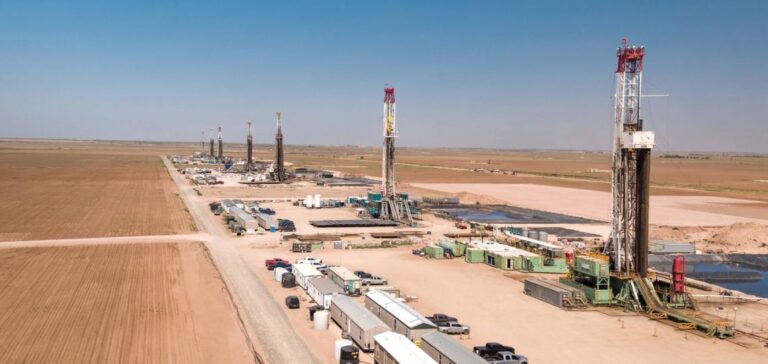U.S. Energy Development Corporation (USEDC) continues its expansion in the oil and gas sector with increased ambitions for 2025. The exploration and production company plans to invest up to $1 billion, primarily in the Permian Basin, a strategic region for its growth.
Strengthened investment momentum
The announcement follows a strong 2024, marked by nearly $800 million in investments. This performance was driven by a targeted approach, evaluating more than 220 opportunities and completing 29 transactions, an increase from the 19 deals finalized in 2023. The company also optimized operational costs, reducing costs per lateral foot while maintaining high productivity levels.
The Permian Basin at the heart of the strategy
The Permian Basin remains a priority for USEDC due to the profitability of drilling and efficient operational cost management. Already dominant in its investment portfolio, this geological zone is expected to receive a significant portion of the capital deployed in 2025. In addition, the company continues to explore opportunities in other basins, such as Barnett, Haynesville, and Powder River, although the Permian remains the main focus.
A strategic position amid market uncertainties
Despite price volatility and increasing uncertainty in the energy market, USEDC relies on the stability of its acquisition and production strategies to secure performance. With a portfolio of over 2,000 wells and a strong track record of successful transactions, the company continues to refine its approach by targeting high-quality assets and ensuring disciplined resource management.
Outlook and vision for 2025
With this new investment plan, USEDC aims to sustain its growth momentum and continue identifying profitable opportunities. The company emphasizes its selective approach and its ability to execute transactions efficiently, ensuring ongoing value creation for its partners.






















